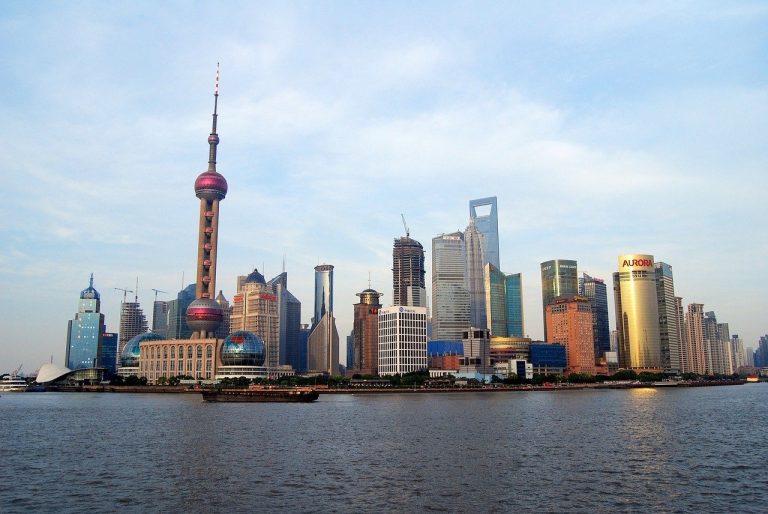In what could mark a major turning point in mobile phone billing practices search giant Google is set to unveil a new U.S. wireless service as early as Wednesday, reports the Wall St Journal.
The move pushes the Internet giant further into telecom and injects fresh uncertainty into an industry already locked in a price war. Google is already offering landline internet access with it’s super high speed Google Fiber initiative in select cities. The company is already planning to expand the Fiber service aggressively in the coming months.
Google’s wireless service is expected to allow customers to pay only for the amount of data they actually use each month, a move that could further push carriers to do away with lucrative long term contracts.
Most traditional wireless plans require subscribers to pay for buckets of data that expire at the end of the month. A 2013 study by Validas, a company that analyzes consumers’ bills to help them choose the best plan, says smartphone users on average waste $28 each month on unused data.
But the lucrative practice is increasingly under pressure. Google won’t be the first to apply pressure as upstarts including Republic Wireless and Scratch Wireless have been offering usage based models, and even major carriers like T-Mobile US Inc. and AT&T Inc. have started to allow subscribers to roll over data.
Google’s wireless service will run on the networks of Sprint Corp. and T-Mobile, which have agreed to carry the traffic. The service will initially only work with Google’s latest Nexus 6 phones, with the devices dynamically switching between Sprint and T-Mobile networks depending on who has the stronger signal.
The service will also use Wi-Fi networks to route phone calls and data, which would further reduce subscribers’ bills.
Speaking at a wireless conference in Barcelona last month, Google executive Sundar Pichai downplayed the service saying it was going to be a small scale experiment and was not intended to disrupt the current wireless industry.
Yet the technological or pricing features Google adopts would certainly apply pressure to the industry’s current business model which is to lock up expensive spectrum then sell lots of expensive wireless Internet service. Google executives have criticized this practice in regulatory filings.
Google’s wireless project has been in the works for roughly two years and is a calculated move to agitate for change that is beneficial for Google’s main business: getting people to use more Google products and search more. This in turn drives lucrative search advertising revenue for the company.
Usage based pricing would make wireless data more affordable and therefore more accessible for people. It would thus encourage them to use more high data services like the company’s Youtube video site.
Google hasn’t built its own wireless network, instead offering service via agreements to resell the services of other networks. Those agreements are actually good business for the incumbent carriers. While these deals bring in less revenue than when a customer signs up directly, the deals have high margins and low costs. Sprint for instance had more than 10 million wholesale end-users at the end of 2014.
Yet Sprint didn’t make the decision to let Google resell its service lightly. The decision was made personally by Sprint Chairman Masayoshi Son, with counsel from former Chief Executive Dan Hesse. They ultimately reached a deal because Google agreed to volume limits that would lead to a renegotiation if Google’s service grew too big.

















